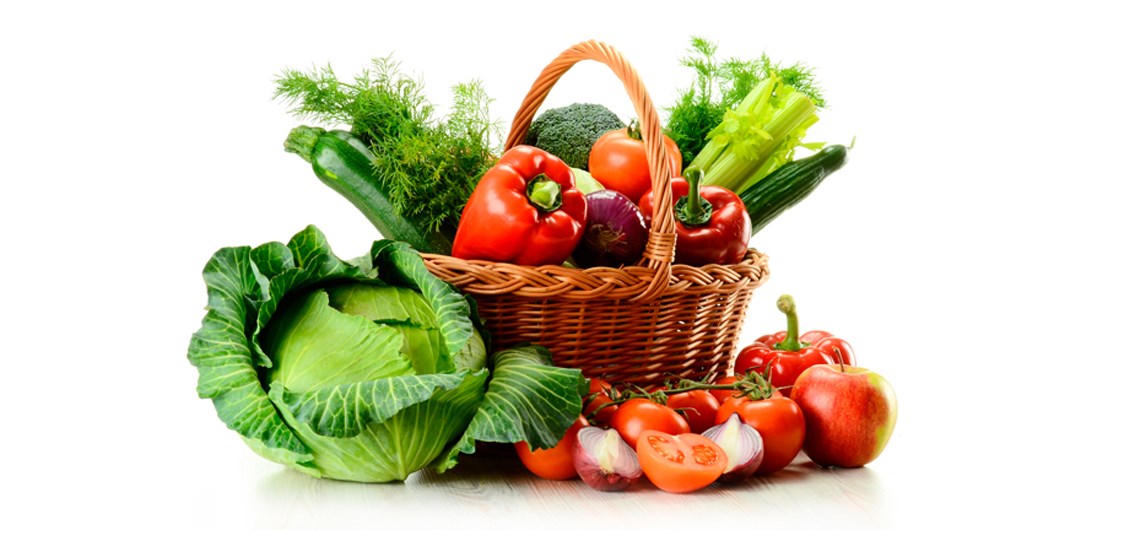What is Organic Food?

Organic food is food produced by methods that comply with the standards of organic farming. This is a farming system which avoids the use of man-made fertilisers, pesticides; growth regulators and livestock feed additives. In order to be labelled organic, a food product must be free of artificial food additives. This includes artificial sweeteners, preservatives, coloring, flavoring and monosodium glutamate (MSG). How your food is grown or raised can have a major impact on your mental and emotional health as well as the environment. Some benefits of organic foods are:
-
Organic produce contains fewer pesticides.
-
Organic food is often fresher because it doesn’t contain preservatives that make it last longer.
-
Organic farming is better for the environment. Organic farming practices reduce pollution, conserve water, reduce soil erosion, increase soil fertility, and use less energy.
-
Organic meat and milk are richer in certain nutrients.
-
Organic food is GMO-free. Genetically Modified Organisms (GMOs) or genetically engineered (GE) foods are plants whose DNA has been altered in ways that cannot occur in nature or in traditional crossbreeding, most commonly in order to be resistant to pesticides or produce an insecticide.
Organic food is often more expensive than conventionally-grown food. Not only are organic farms typically smaller than conventional ones, but they also, on average, take more time to produce crops because they refrain from using the chemicals and growth hormones used by conventional farmers. This extra effort and time it takes to sell, ship, and raise organic food will increase the price.